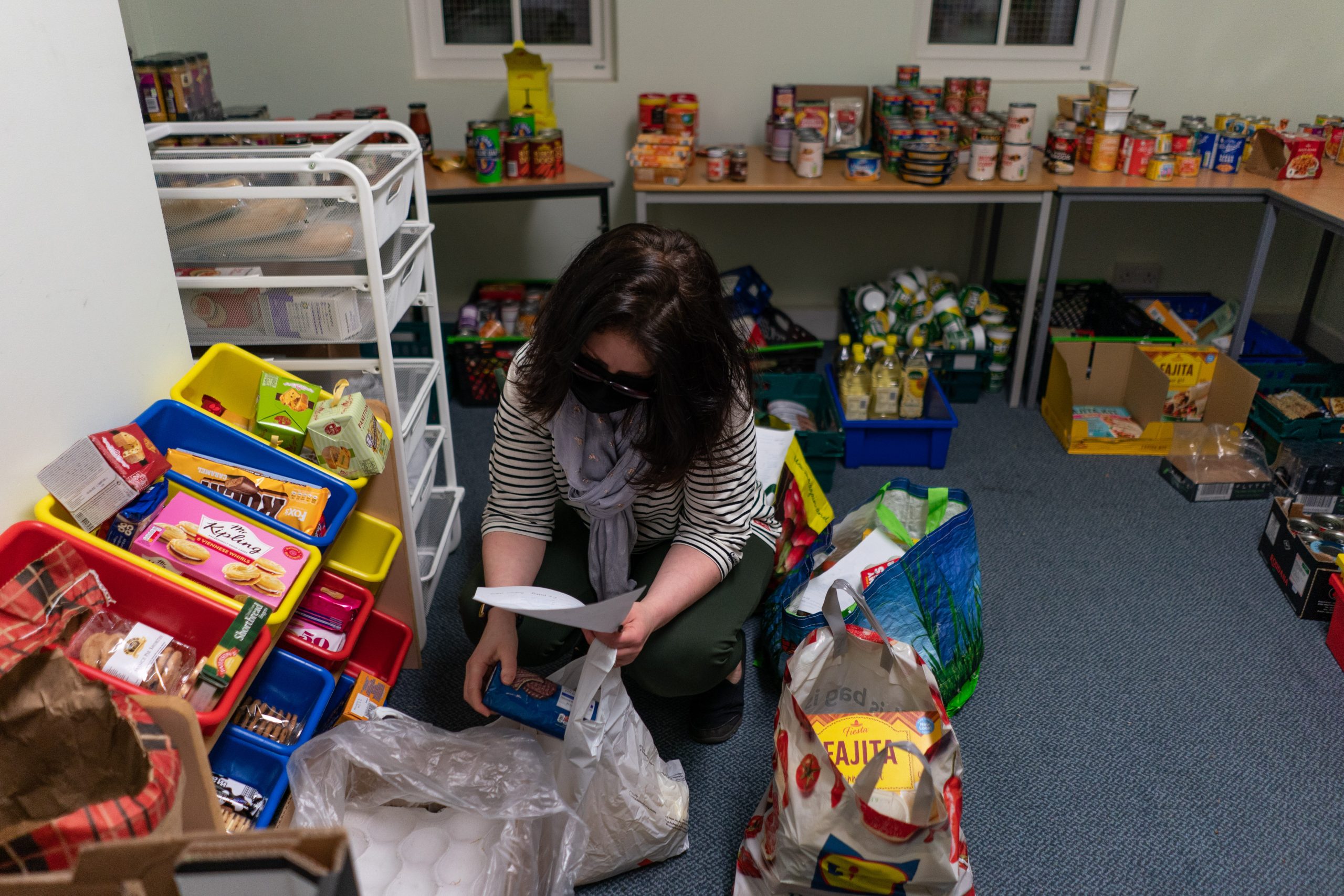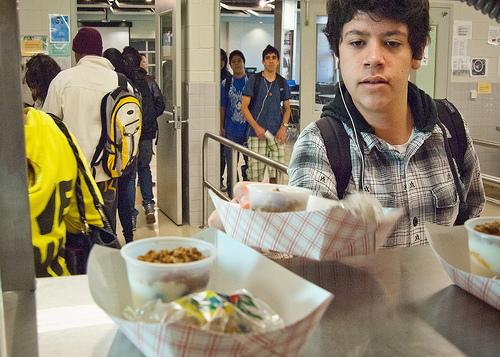
The Gilded Age Then, The Gildest Age Now
Our world’s deepest pockets are still buzzing about this year’s — this century’s — biggest bash yet.

Our world’s deepest pockets are still buzzing about this year’s — this century’s — biggest bash yet.

This is a critical moment for our nation. We must not allow struggling workers or our children, grandparents and disabled loved ones to fall back into hunger.

Nearly 20 years since NAFTA went into effect, its empty promises have been laid bare for the people of Mexico.

There simply aren’t enough programs available to serve all the children who need them.
As Egypt and the Middle East rise, Wall Street and congressional Republicans continue to ignore the financial reforms the world is demanding.

Evidence is mounting that corn ethanol and other basic biofuels are actually worse for the environment than the fossil fuels they’re supposed to replace.
Secret spending will only balloon in the 2012 elections if Congress doesn’t stop it in its tracks.
Despite lacking necessities like food and health care for millions of Americans, some still tout the U.S. as a shining example of success.
Self-righteous human rights attacks on other countries don’t help mask glaring needs at home, particularly food and shelter for millions.
The Obama administration has pledged to end child hunger in America by 2015.
The food price crisis has made demand more acute and supplies even scarcer, but it hasn’t really changed the underlying problems with food aid as a response to hunger.
The economics behind the food crisis.
Economic policy is to blame for hunger in Africa.
Food aid is one way of addressing the global problem of hunger. But where should the food come from and how should it be delivered? John Rivera of Catholic Relief Services and FPIF’s Conn Hallinan square off.